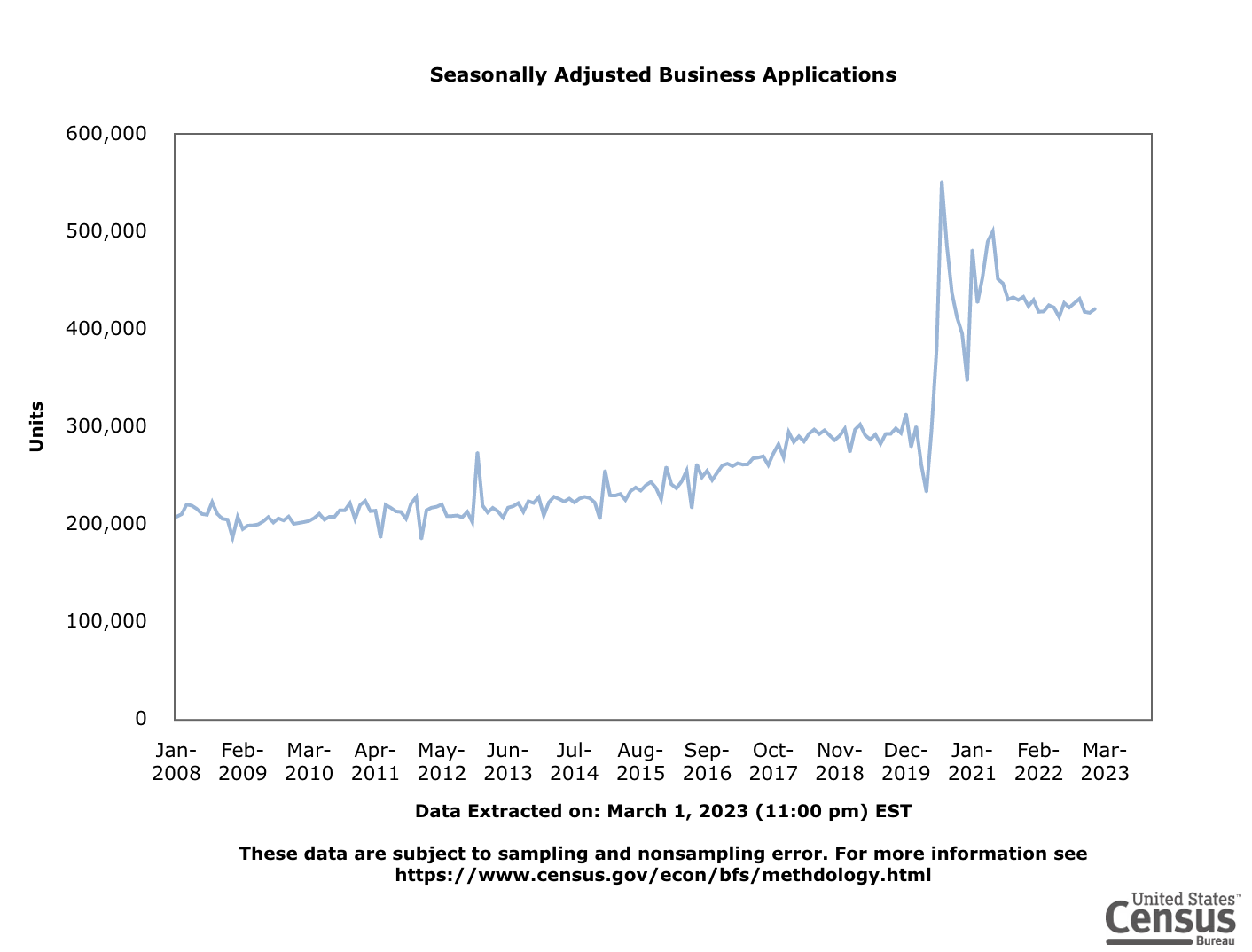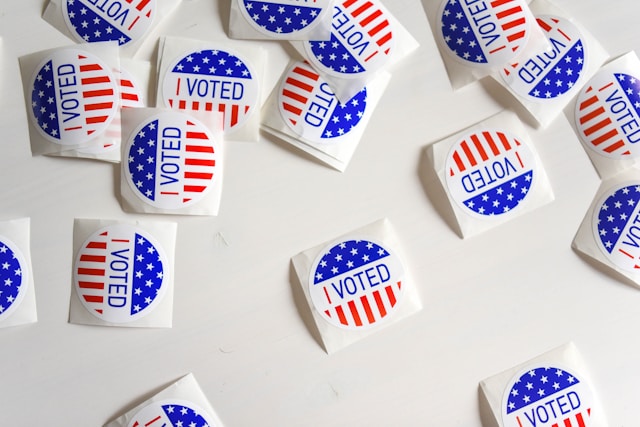When your company hires employees in New York, you are required to comply with federal, state, and local employment laws. There are a variety of human resources and labor policies in the workplace that differ by state. Through your employee handbook, employers can easily document and distribute the correct policies to their employees to comply with the laws of each state.
Creating your New York Employee Handbook is a useful way to explain important policies and procedures, mitigate legal risk, and introduce employees to the expectations and operating practices of the organization.
Mosey has compiled the relevant policies a company with employees in New York must consider.
Launch your employee handbook in minutes.
Everything you need to automate a compliant handbook for all 50 states.
New York Employee Handbook Policies
There are 24 state and local employee handbook policies in New York.
Wage and Hour
New York Meal Break Policy
You are entitled to a meal break based on your shift: a 30-minute unpaid break for shifts over six hours during the noonday period, a 45-minute unpaid break for shifts starting between 1:00 PM and 6:00 AM, and an additional 20-minute break for shifts spanning from before 11:00 AM to after 7:00 PM. Meal breaks must be scheduled approximately midway through the shift, with the additional 20-minute break between 5:00 PM and 7:00 PM. Breaks are unpaid unless work is performed, in which case they are paid.
New York Minimum Wage Policy
You are entitled to a minimum wage in accordance with New York’s regional rates, which adjust annually. Effective January 1, 2025, the minimum wage rates are as follows: $16.50 per hour for employees working in Long Island and Westchester Counties, and $15.50 per hour for employees in the rest of New York State. Tipped service employees in Long Island and Westchester Counties are entitled to a cash wage of $13.75 per hour plus a $2.75 tip credit per hour, while tipped food service workers in those areas are entitled to a cash wage of $11.00 per hour plus a $5.50 tip credit per hour. For the remainder of New York State, tipped service employees will receive a cash wage of $12.90 per hour plus a $2.60 tip credit per hour, and tipped food service workers will receive a cash wage of $10.35 per hour plus a $5.15 tip credit per hour. Employer will cover any shortfall if combined wages and tips do not meet the standard minimum wage.
New York City Minimum Wage Policy
You are entitled to the minimum wage of $16.50 per hour if you work in New York City, effective January 1, 2025, to December 31, 2025. If you are a tipped employee, you must receive a minimum wage of at least $13.75 per hour. Employer must make up the difference if your tips plus wages does not equal or exceed the minimum wage.
New York Lactation Break Policy
You are entitled to paid 30-minute breaks to express breast milk or nurse at work for up to three years after childbirth, with no requirement to make up the time or reduce regular breaks. A private, secure, non-bathroom space with necessary amenities will be provided, and employees will be informed of their rights annually and upon returning to work after childbirth. Retaliation or discrimination for using lactation breaks is strictly prohibited.
New York City Shift Scheduling Policy
You are entitled to two temporary schedule changes per year, each lasting up to one business day, or one request lasting up to two business days. To qualify, you must have worked at least 80 hours in New York City within a calendar year and been employed for at least 120 days. Eligible requests include caregiving, legal proceedings, and events covered under NYC’s Paid Safe and Sick Leave Law. Requests should be made as soon as possible, orally or in writing, with written follow-up required within two business days of returning to work. Employer must respond immediately to oral requests and provide a formal written response within 14 days. Denials are only allowed if the annual limit is reached or the request does not qualify. Retaliation for exercising these rights is strictly prohibited.
New York Mandatory Day of Rest Policy
You are entitled to a 24-hour consecutive rest period each calendar week. If you work on a Sunday, your rest day will be scheduled within the following six days, with designated rest days posted or made available online.
Generally, you cannot work on your rest day, but you may coordinate with your supervisor to reschedule it within the same week if business needs allow.
Employer prohibits coercion, discrimination, or retaliation regarding your right to a rest day. In cases of hardship, the company may seek a variance from the New York Department of Labor and will communicate any approved changes to affected employees.
New York Reporting-Time Pay Policy
You are entitled to a minimum of four hours of pay, or your scheduled shift amount, whichever is less, at minimum wage if Employer sends you home early or fully relieves you of duties. This does not apply if you leave early by request. Employer will make reasonable efforts to notify you if your shift is cancelled. You will be paid at minimum wage for any hours missed due to a shift change, while regular hours worked will be paid at your normal rate.
New York City Lactation Break Policy
You are entitled to 30 minutes of paid break time per day for expressing milk, with additional time available using existing paid break or meal time. Employer will respond to lactation space requests within five business days, coordinating scheduling if needed. If providing a lactation room poses an undue hardship, reasonable alternatives will be explored.
A clean, private space with access to running water, a chair, table, and electrical outlet will be provided. If unavailable, a temporary space or workspace use will be offered. Employees may also request time off or job modifications due to medical issues or hazardous substance exposure.
Retaliation for requesting lactation accommodations is prohibited, and this policy does not affect the right to breastfeed in public under New York State Civil Rights Law.
Benefits
New York City Commuter Benefit Policy
You are entitled to pre-tax commuter benefits if you are a full-time employee working 30 or more hours per week in New York City. These benefits allow you to use up to $270 per month of pre-tax income for qualified transportation expenses, such as mass transit passes or bicycle commuting.
Vacation, Sick, and Safe Leaves
New York City Paid Sick and Safe Time Policy
You are entitled to earn one hour of Paid Sick and Safe Time for every 30 hours worked, regardless of whether you are a full-time, part-time, temporary, or seasonal employee. You may use sick time for your own or a family member’s medical needs. You may use accrued safe time for issues related to domestic violence, sexual assault, or stalking. You may need to provide documentation for absences lasting more than three consecutive days. Any unused, accrued leave will be carried into the following year, up to a cap of 40 hours.
New York Sick Leave Policy
Employees of Employer are entitled to earn one hour of sick leave for every 30 hours worked.
Leaves of Absence
New York Military Family Support Leave Policy
You can take up to 12 weeks of Paid Family Leave at 67 percent of your pay, up to a cap, for family matters related to a spouse, partner, child, or parent’s active military service abroad.
New York Paid Family Leave Policy
New York’s Paid Family Leave (PFL) provides up to 12 weeks of job-protected, paid family leave at 67% of average weekly wage (capped at 67% of statewide average weekly wage). You are eligible for PFL after consecutive working full time for 26 weeks.
PFL can be used to:
- Bond with a newly born, adopted or fostered child
- Care for a family member with a serious health condition
- Assist loved ones when a spouse, domestic partner, child or parent is deployed abroad on active military service.
New York Volunteer Emergency Responder Leave Policy
Employer provides unpaid leave to employees serving as volunteer emergency responders during emergencies, provided the absence does not create an undue hardship on Employer. Additional documentations are required to prove the status as a volunteer emergency responder along with a notarized statement about the emergency incident.
New York Paid Prenatal Leave Policy
You are entitled to up to 20 hours of Paid Prenatal Leave within a 52-week period, regardless of your employment status or tenure. This leave may be used in one-hour increments for pregnancy-related healthcare services such as exams, medical procedures, and fertility treatments, but does not cover postnatal or postpartum care.
New York Jury Duty Leave Policy
You are entitled to job-protected leave to serve as a juror. Unless directed otherwise by your manager, you should return to work at the completion of jury duty, even if for a partial day.
New York Voting Leave Policy
New York employees are eligible for up to two hours of paid time off to vote if they do not have at least four consecutive hours to vote before or after their work shift. Employees must notify Employer at least two working days, but no more than ten working days, before the election.
New York Blood Donation Leave Policy
Employer is required to provide time-off for you to donate blood.
New York Disability Benefits Policy
New York’s Disability Benefits provide up to 26 weeks of partial-wage-replacement benefits at 50% of average weekly wage (capped at 50% of statewide average weekly wage) if you are unable to work for more than seven consecutive days due to a non-work related illness or injury, or pregnancy related disability.
Disability Benefits can be used for:
- Illness or Injury under care of healthcare professional
- Pregnancy, available 4 weeks before your due date
- Childbirth, 6 weeks after giving birth (8 weeks for C-Section)
New York Military Service Leave Policy
You are entitled to unpaid leave for state active duty, drills, training, or service school. Upon completing your service, you are entitled to reinstatement to your previous position, unless Employer’s circumstances have changed in a way that would make it unreasonable. If you are no longer able to perform your previous job, you will be reinstated to a position with similar seniority, salary, and status.
New York Domestic Violence Victim Leave Policy
Employer is required to make reasonable accommodations to allow for victims of domestic abuse to be absent for a reasonable period of time to seek help in their recovery, if such absence would not cause an undue hardship to Employer.
New York Bone Marrow Donation Leave Policy
Employer is required to grant a leave of absence to an employee who seeks to undergo a medical procedure to donate bone marrow. The duration of the leave will be determined by the physician, but it may not exceed twenty-four work hours unless otherwise agreed upon by Employer.
Privacy
New York Electronic Monitoring Policy
Employee should be advised that all telephone conversations or transmissions, electronic mail or transmissions, or internet access or usage by an employee by any electronic device or system, including but not limited to the use of a computer, telephone, wire, radio or electromagnetic, photoelectronic or photo-optical systems may be subject to monitoring.
New York Social Media Privacy Policy
Generally, Employer is prohibited from accessing your personal social media accounts and will not discipline or terminate an employee for refusing to disclose their social media login information or for denying to provide access to their social media accounts.
Employee handbook builder
Build your employee handbook in every state and keep it up to date automatically with Mosey.
Federal Employee Handbook Policies
Regardless of which states you have employees in, there are required federal policies that must be included in your employee handbook. In addition to any state-specific policies, your employee handbook for New York should contain the following federal policies.
- Anti-Harassment Policy
- Anti-Sexual Harassment Policy
- Anti-Retaliation Policy
- Equal Employment Opportunity Policy
- Reasonable Accommodation Policy
Handbook Policy Best Practices
In addition to the required federal policies, the following policies are best practices to include in your employee handbook.
- Prohibited Conduct Policy
- Violations Reporting Policy
- Workplace Violence Prevention Policy
- Weapons Policy
- Disciplinary Action Policy
- At-Will Employment
- Federal Uniformed Services Employment and Reemployment Rights Act (USERRA) Policy




